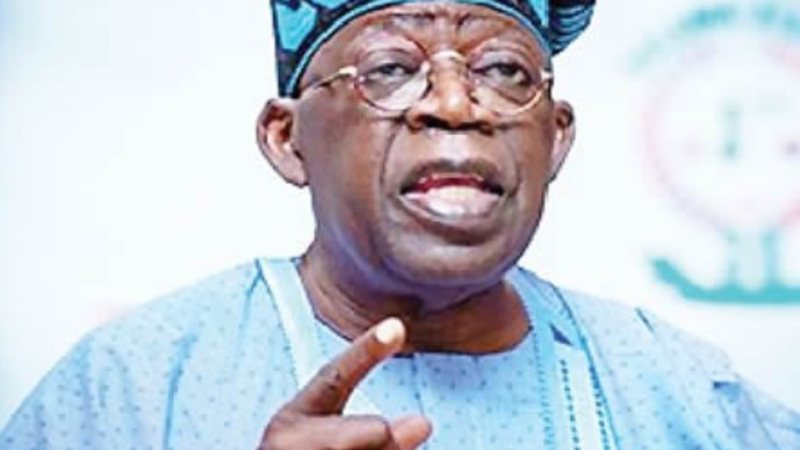The Federal Government is set to launch a national campaign to promote Made-in-Nigeria goods and services under the Nigeria First policy as part of efforts to revitalise the manufacturing sector.
President Bola Tinubu made this known in Lagos at the fifth Adeola Odutola lecture by the Manufacturers Association of Nigeria on Thursday.
He was represented at the event by the Minister of State for Industry, Trade and Investment, Sen. John Enoh.
According to him, the campaign aims to shift national demand towards Nigerian products that meet global quality standards, while also addressing the country’s import dependency
Tinubu noted that preliminary studies showed that such a campaign could boost the manufacturing sector by up to six per cent and create over 500,000 jobs within the next three years.
He said his administration would continue to prioritise the growth of Nigeria’s manufacturing sector through policies promoting production, consumption, and export of Made-in-Nigeria goods.
“No country achieves prosperity or dignity without producing what it can and exporting at scale what it does best.
“Economics of resilience begins in the factory and thrives in the marketplace, and we are committed to reducing structural costs and enabling our manufacturers to compete effectively both at home and abroad,” he said.
Tinubu also outlined six key policy commitments under the “Nigeria First” strategy.
They include federal procurement reforms, quality and standards enforcement, export expansion, access to finance, energy and logistics, skills development, and input security.
He urged MAN members to uphold quality and transparency in production while collaborating with government agencies to share accurate data on capacity and pricing for effective policy planning.
The President, Dangote Group, Alhaji Aliko Dangote, represented by Mr Mansur Ahmed, former President, MAN, said manufacturers had eight key expectations from the Nigeria First policy.
Dangote said for the policy to work, it must be designed as a durable, binding national strategy for industrial development, capable of withstanding political transitions and market pressures alike.
He stressed that it must be anchored on both global best practices and Nigeria’s own industrial realities.


